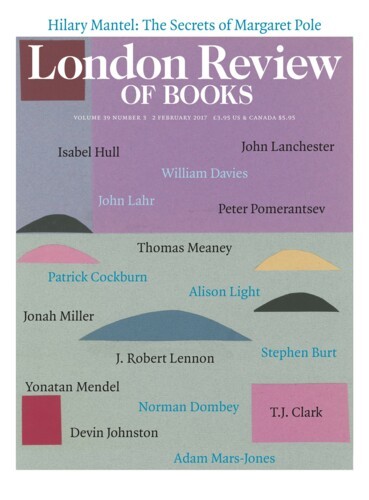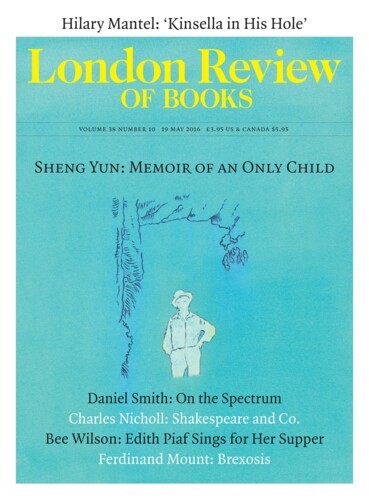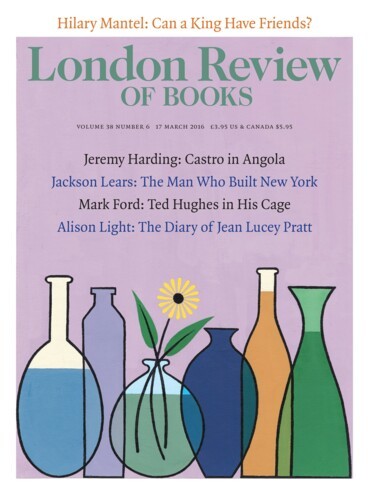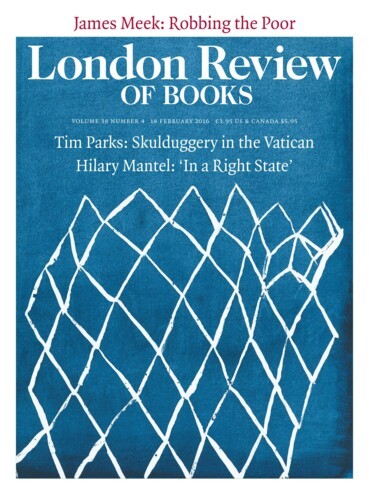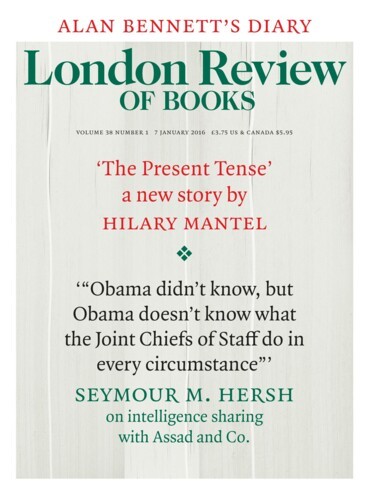How do we know her? The Secrets of Margaret Pole
Hilary Mantel, 2 February 2017
We cannot approach her story from the inside. We know her, as we know so many of her contemporaries, through her inventories, through legal documents and official letters. Did she plot against the crown? Did she, as the regime alleged, burn the evidence that incriminated her? Or was there, as she claimed, nothing worth burning?
